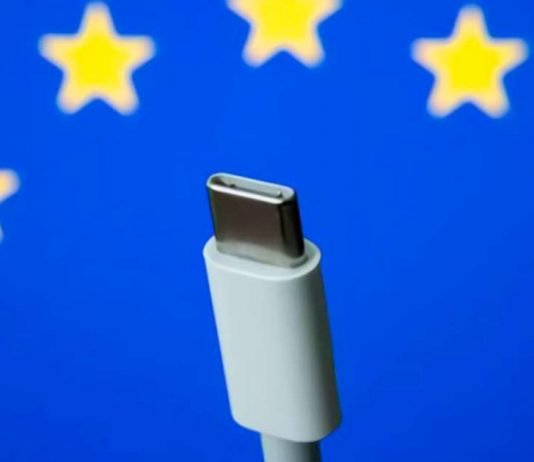The European Union has officially decided the deadline within which electronic devices such as smartphones, tablets or headphones must have a USB-C charging port in the EU application area — until December 28, 2024.
This will come into force on December 27, 2022, and from then on, the deadline will be fixed at the end of December 2024, as stated in the guideline. The member states have until December 28, 2023, to enact the necessary legal and administrative regulations.
From the effective date, USB-C for wired charging of mobile phones such as smartphones, tablets, digital cameras, headphones, headsets, handheld game consoles, mobile loudspeakers, e-readers, keyboards, mice, portable navigation systems, earbuds (in-ear -headphones) and later also notebooks. For notebooks, however, the regulation does not have to be implemented until April 28, 2026.
In the run-up to the EU’s decision regarding the standardization of charging cables, there was an objection, primarily from Apple. Although Apple has switched to USB-C for its tablets and laptops in recent years, it still uses its Lightning connector for its iPhones.
The company evidently wanted to stick to this and argued that charging plug standardization was slowing back innovation. On the other side, EU representatives claimed that a universal charging approach saves technological waste and makes life easier for customers.
However, Apple has now given in — probably also due to the fact that the obligation for USB-C in the EU was foreseeable. Upcoming iPhones will come with USB-C, the manufacturer announced in October 2022 but continued to express its displeasure.
The European Union has also ordered that devices that can be charged with more than 15W must contain USB Power Delivery technology, and any additional charging methods must guarantee full USB PD capability regardless of the charging device used. The most recent USB PD upgrade allows power delivery up to 240W.
